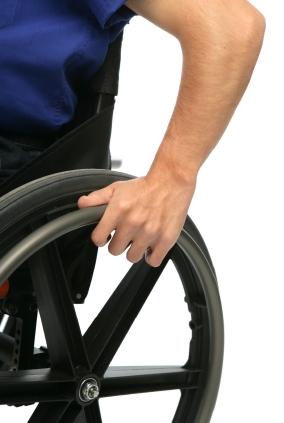New Jersey Alimony Laws: Termination Based on Disability
What happens when a payor ex-spouse becomes disabled after the divorce and is no longer able to pay support obligations? Is he/she still obligated to pay?
In determining alimony, counsel fees, and property distribution, income may be imputed to a party who is voluntarily unemployed or underemployed; this requires intentional conduct without just cause.

But, what if a party is not necessarily unemployed or underemployed, but is disabled. If disability is proven, income will not be imputed to the disabled party for the purposes of determining support.
In the case where the disabled party receives Social Security Disability Benefits there is a presumption of inability to work and the burden is shifted to the other party to disprove/rebut the presumption. If the presumption is successfully rebutted, income can be imputed to the disabled party.
If the opposing party cannot rebut the presumption of disability, the Court will likely adjudicate the disabled party has shown a prima facie case of disability and inability to be gainfully employed for the purpose of determining imputation of income.
Social Security Administration (SSA) adjudication of disability must be individualized, based on evidence adduced at a hearing. Social Security Act, § 223(d)(2)(A), as amended, 42 U.S.C.A. § 423(d)(2)(A).
Does your soon to be ex-spouse have an injury or ailment that could later become a disability? If this is the case, then you want to look contemplate every scenario and perhaps you should make financial decisions now that will protect you in the future.
 New Jersey Family Law Blog
New Jersey Family Law Blog

